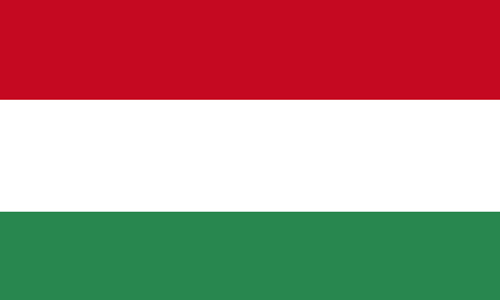Report on the Dictionary Day (3 October 2012)
It was the eighth time that the so-called Dictionary Day had been organised by the Dictionary Committee of the Hungarian Academy of Sciences. The event was held at Károli Gáspár University on 3 October 2012. This occasion was special not only because the Awards for the Best Dictionaries of the Year were distributed, but also because Tamás Magay, who is well known for his being the chief editor of the László Országh bilingual dictionaries, but is as yet little known as the founder of the English Department at our University, received an official laudation as well.
The idea of the Dictionary Day is the direct product of the Change of Regime in1990. The change, brought about by the new regime, had both many advantages and disadvantages. After that time, the edition of dictionaries ceased to be a centralized process. This meant that every publishing house could come up with dictionaries and publish them without any difficulties. The new dictionaries―with either outward or inward innovations, attractive blurbs, favourable prices, however, were not always accompanied by appropriate and acceptable quality. Therefore, on the initiative of the Hungarian Academy of Sciences the Dictionary Day was created, so that attention could be directed to the importance of quality, of learning languages and becoming more conscious of our mother tongue. This occasion also provided the opportunity to officially appreciate the work of the most excellent Hungarian dictionary editors of the year.
As it had already become a tradition, the day was started with a huge book fair in the University’s Hall where such prominent Hungarian Publishing Houses like Grimm Publishing House, Akadémiai Publishing House and TINTA Publishing House exhibited and advertised their different editions, providing an excellent opportunity for those interested to update their home library with new dictionaries and language books.
This year the Award for the Best Dictionaries of the Year was given by Professor Ferenc Kiefer who rewarded the publications of four editors. Among the honoured, the name of Regina Hessky for the bilingual German-Hungarian Dictionary for Children, of Katalin Márkus and Eszter Magay for their English-Hungarian bilingual Dictionary, of Ervin Székely for his Portugese-Hungarian bilingual Dictionary, and finally of Zoltán Kövecses whose English-Hungarian Idioms Dictionary was highly praised should be mentioned.
The bestowing of the awards was followed by the official laudation of Tamás Magay, whose 55 years’ jubilee of being a dictionary editor was celebrated. He was praised for his incredible, indefatigable and versatile contribution to English-Hungarian lexicography. While Dr Dóra Pődör, the head of the Department of English Linguistics at Károli Gáspár University, praised the academic achievements and the personal qualities of Professor Magay, emphasising his contribution to the establishment of the English Department, László Borbás, the company director of Grimm Publishing House, highlighted the lexicographic merits of Professor Magay, calling him “the Michael Schumacher of English-Hungarian Lexicography”. Finally, Tibor Pintér talked about the ‘Festschrift’ entitled Szavak pásztora (The Shepherd of Words), which was to symbolise the respect and gratitude for the energetic work and achievements Professor Magay managed to carry out in the field of lexicography.
After the introductory part of the day, the more practical side of the event followed in the form of three lectures on certain aspects of lexicography and related areas.
Zita Hollós introduced and popularized the EMLex program which is an excellent opportunity for MA students interested in lexicography not only to deepen their knowledge in this field but also to visit different universities within Europe and to gain an insight into the actual creation process of dictionaries. She was followed by Ágota Fóris whose presentation dealt with the use and necessity of terminology in modern life, and introduced shortly what terminology is about and how it could be used in several spheres of life. The event was closed with the thought-provoking lecture of Ottó Pecsuk who elaborated on the difficulties concerning the translation of the proper names in the Bible; the Hungarian forms of these names are to be standardised among the denominations.
In short, the event of the Dictionary Day shed light upon the competition concerning dictionary publishing. The meeting also highlighted and showed great appreciation for the―in the most cases―“invisible” amount of work that is behind a published volume. Moreover, through some examples the problems and modern attempts made in the field of lexicography were also shown.
Written by
Viktória Hesz and Amandine Agboca
MA students in English Studies


